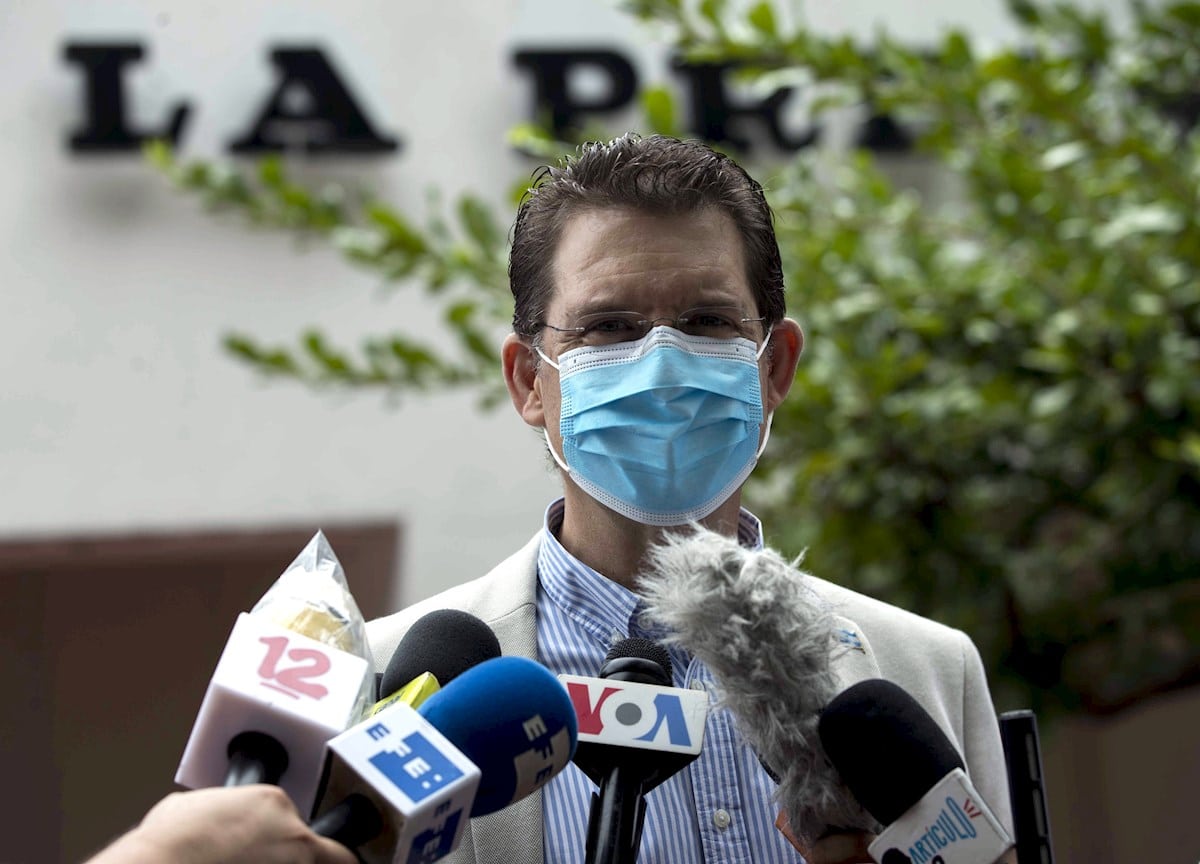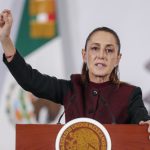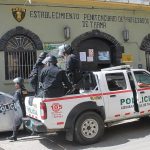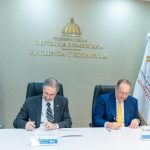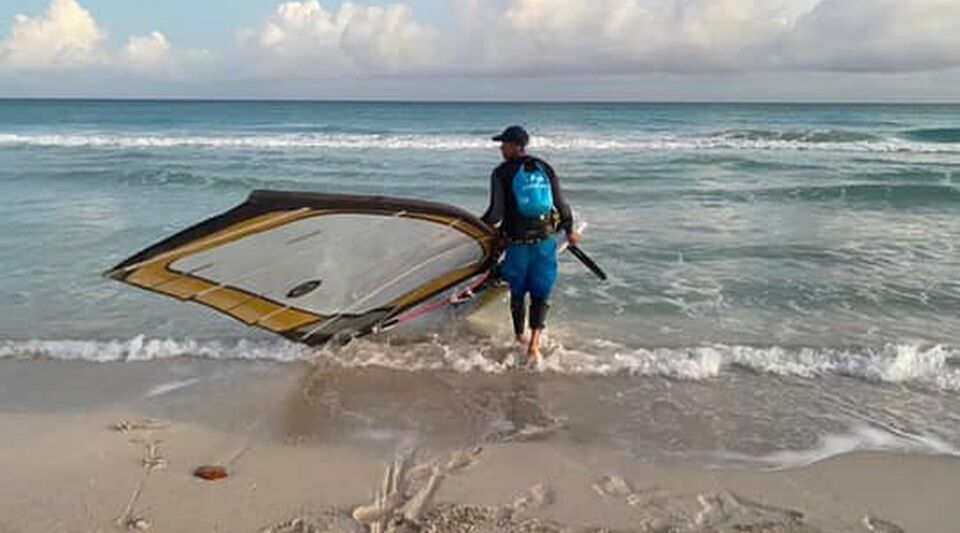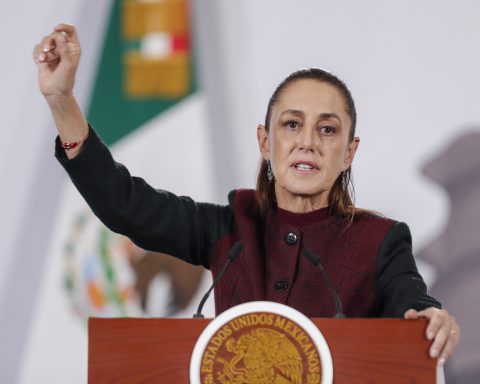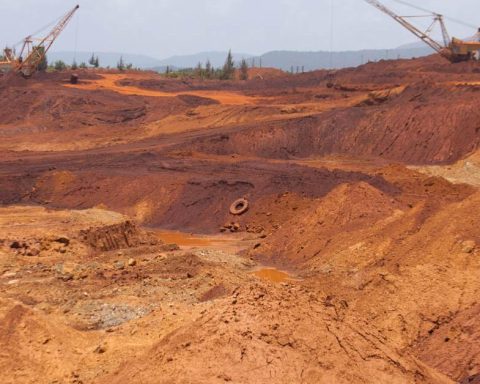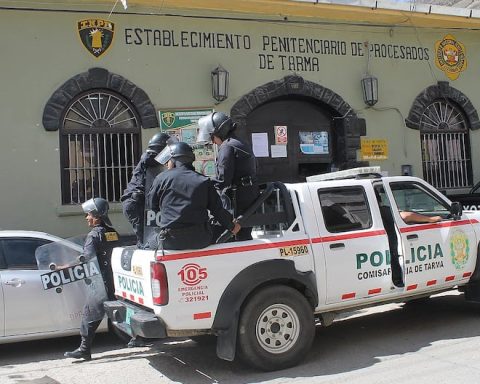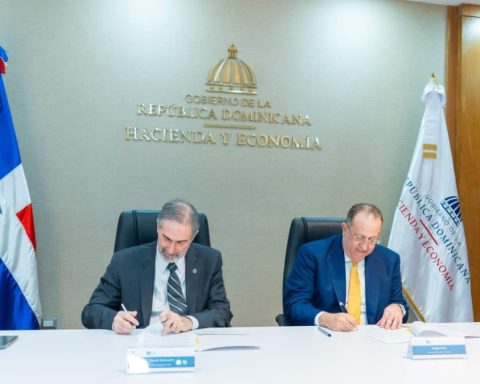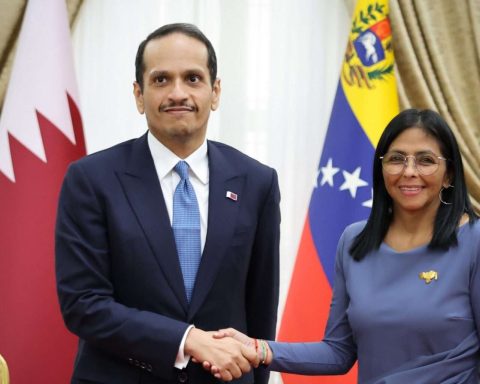After three closed-door hearings in the cells of the Directorate of Judicial Assistance, known as El Chipote, the Ortega justice found the general manager of the newspaper La Prensa, Juan Lorenzo Holmann, guilty of the alleged crime of money, property and asset laundering. .
CONFIDENTIAL learned that the Prosecutor’s Office of the Ortega-Murillo regime requested nine years and four months in prison for the political prisoner. In addition, he requested that a fine be applied to him, of an amount still unknown. The sentencing will take place on March 31.
The general manager of La Prensa, in the few minutes he was given to express himself during the trial, declared himself “innocent” and reiterated that he had not committed “any crime” before Ortega judge Nadia Camila Tardencilla Rodríguez, head of the Second Criminal District Court of Managua, informed the CONFIDENTIAL sources close to the family of the prisoner of conscience.
The political prisoner expressed that “if I am going to receive a punishment for having the surname Chamorro second, then I am willing to comply with it”, emphasizing that he feels “proud to belong to the family I have, in which my parents raised me with moral and Christian values”.
Holmann was arrested on August 14, 2021, one day after the Ortega regime ordered a search of the facilities of the newspaper La Prensa, a media outlet that has been occupied by the National Police for more than seven months.
Prior to being arrested, the political prisoner was never informed that he was the subject of an investigation for money laundering. The general manager of La Prensa was even summoned by the Public Ministry, as a “witness”, in June 2021, in the alleged money laundering case opened against the Violeta Barrios de Chamorro Foundation (FVBCh), where he was not told that was investigated or charged with a crime.
Irregularities in the judicial process
The judicial process opened against Holmann has presented arbitrariness and irregularities since it began. In journalistic reports, based on information from the defense and relatives of the political prisoner, it was denounced that the preliminary and initial hearings against the general manager of La Prensa were “secret”, since his legal team was not notified to participate as established. the law. They learned of these hearings because he was publicly informed through press releases from the Public ministry.
In the first and second hearings of the trial against Holmann, held on March 21 and 22, according to family and defense versions, disclosed by La Prensa, agents of the National Police appeared as witnesses. A report from that medium indicates that among the participants was an inspector and an expert witness, who carried out the inspection and search of the empty building, where the old FVBCh facilities were located.
Another report by La Prensa refers that among the evidence presented against Holmann were records of the raid that was carried out on August 13 of that media outlet, detailing that they found “29 cardboard boxes of different sizes, one red plastic box”, which kept accounting documentation of the FVBCh and “ten banners” with advertisements alluding to the Foundation.
It also indicates that Cristiana Chamorro, former candidate for the presidency of Nicaragua, former president of the FVBCh and shareholder of La Prensa, requested to store the boxes of the Foundation in the facilities of that media outlet, which closed in February 2021, but at that time there was no investigation into the alleged money laundering.
Holmann’s defense, during the final arguments, pointed out that the Prosecutor’s Office was unable to prove the commission of any crime and recalled that every company has the duty to safeguard its documentation for several years, according to the La Prensa report.
During the trial, the seriousness of Holmann’s health was also demonstrated, who arrived at the second hearing with a fever and had to be assisted by the Chipote infirmary, where they checked his blood pressure and body temperature.
Holmann’s health continues to deteriorate
The relatives of the general manager of the newspaper La Prensa denounced, after the visit they had on March 19, that your relative’s health continues to deterioratesince they noticed that he has a lump in his abdomen, pain in his groin and fungus on his hands and feet.
These new ailments are added to the illnesses that Holmann has developed in prison, such as: a dark spot in his right eye, dehydration and generalized weakness. In addition to the heart problems that he suffered from before being imprisoned.
The prisoner of conscience, prior to being imprisoned, underwent an operation for mitral valve problems and aortic condition, and should be periodically checked by specialists. He also has prostate and vision problems.
Holmann told his relatives, according to reports from CONFIDENTIAL, who in his cell, shared with the journalist Miguel Mendoza, can barely move and the place is full of mold. Situation that has caused fungus on their skin, despite the fact that both try to clean the walls with chlorine and the toilet swab.
The family of the prisoner of conscience has denounced that Holmann is subjected, like other political prisoners who are imprisoned in El Chipote, repeatedly to practices considered torture, including: deprivation of visits on a regular basis, constant interrogations, reduced access to hours of patio sun and restriction of reading material, specialized medical attention according to his ailments and a precarious diet that has led him to lose weight irregularly.
Holmann’s defenders have filed 37 writs requesting that the prisoner of conscience be assessed by specialists, have access to his medicines and a private interview with his legal representative. However, the response to one of these was negative and the others remain unanswered.
During the trial, Judge Tardencilla Rodríguez, faced with the motions presented by Holmann’s defense, which requested the annulment of the process for all the arbitrariness committed against the prisoner of conscience, even affirmed that she authorized the corresponding medical attention, but that it is the Directorate of Judicial Assistance that must organize medical visits.
